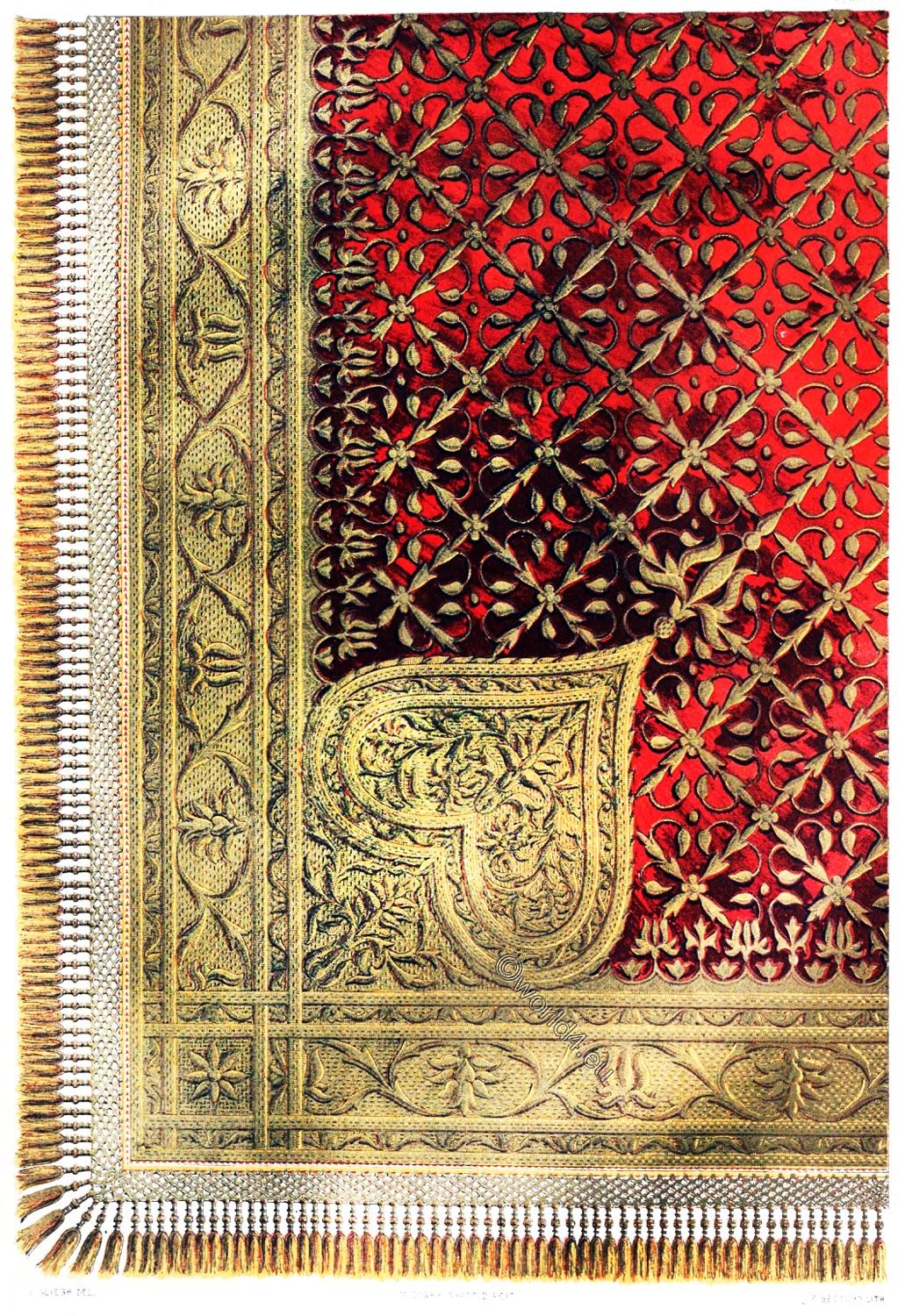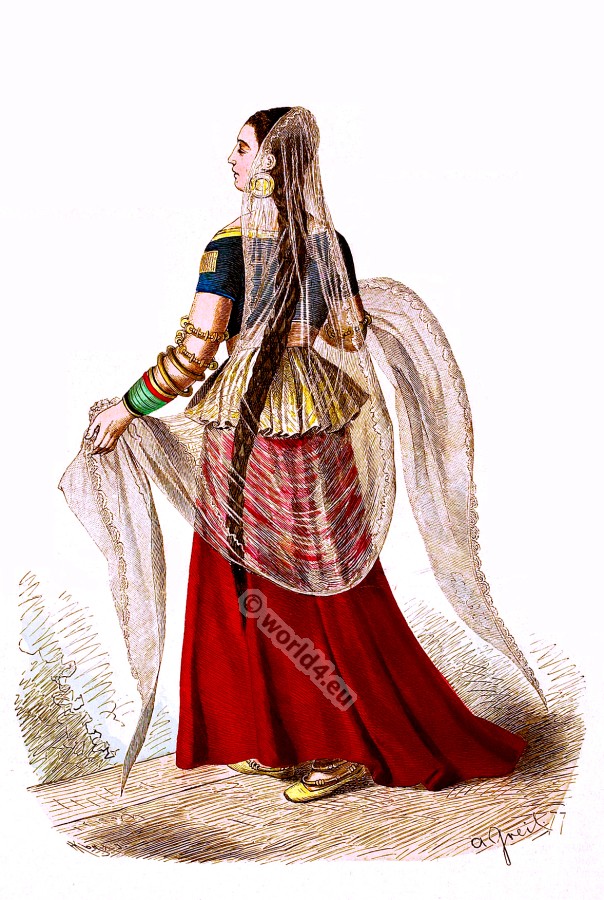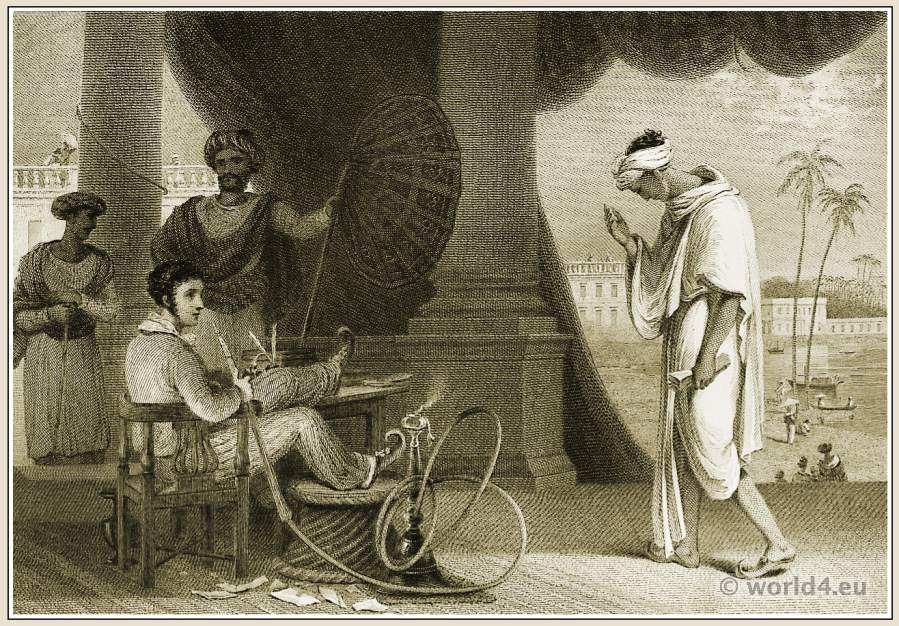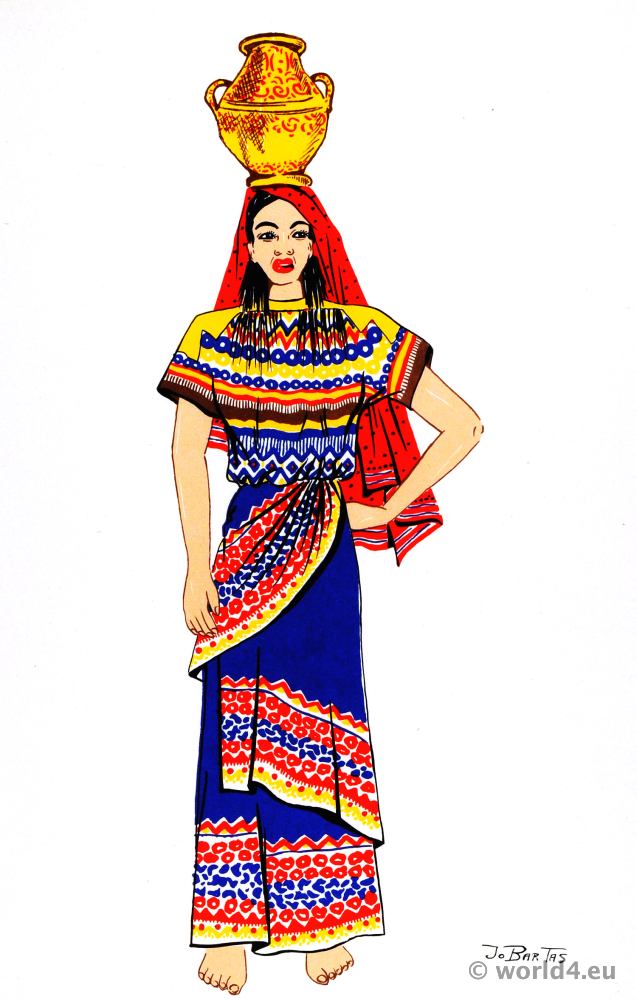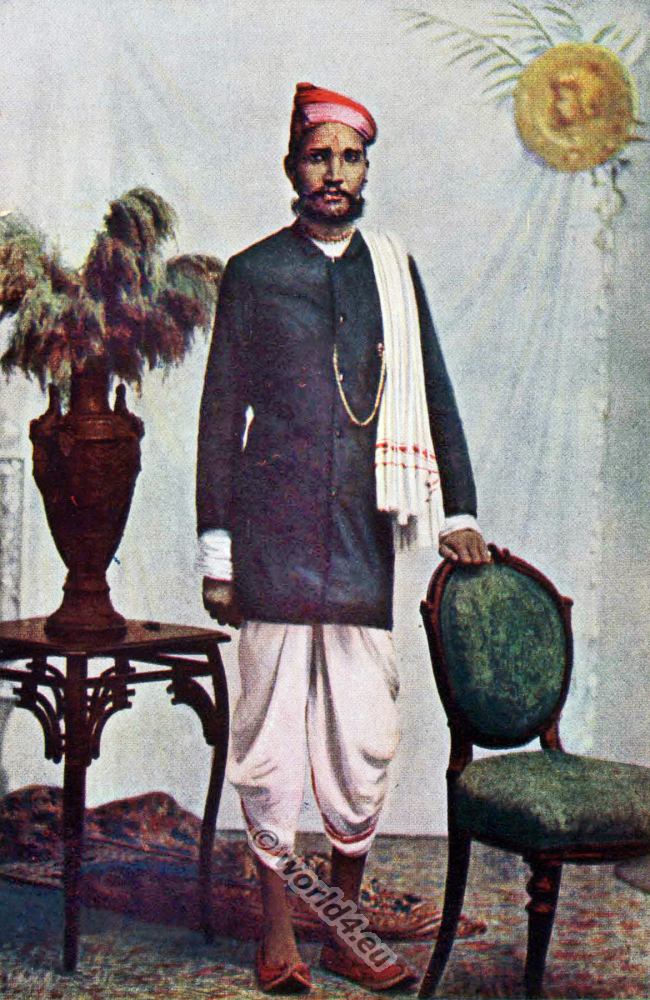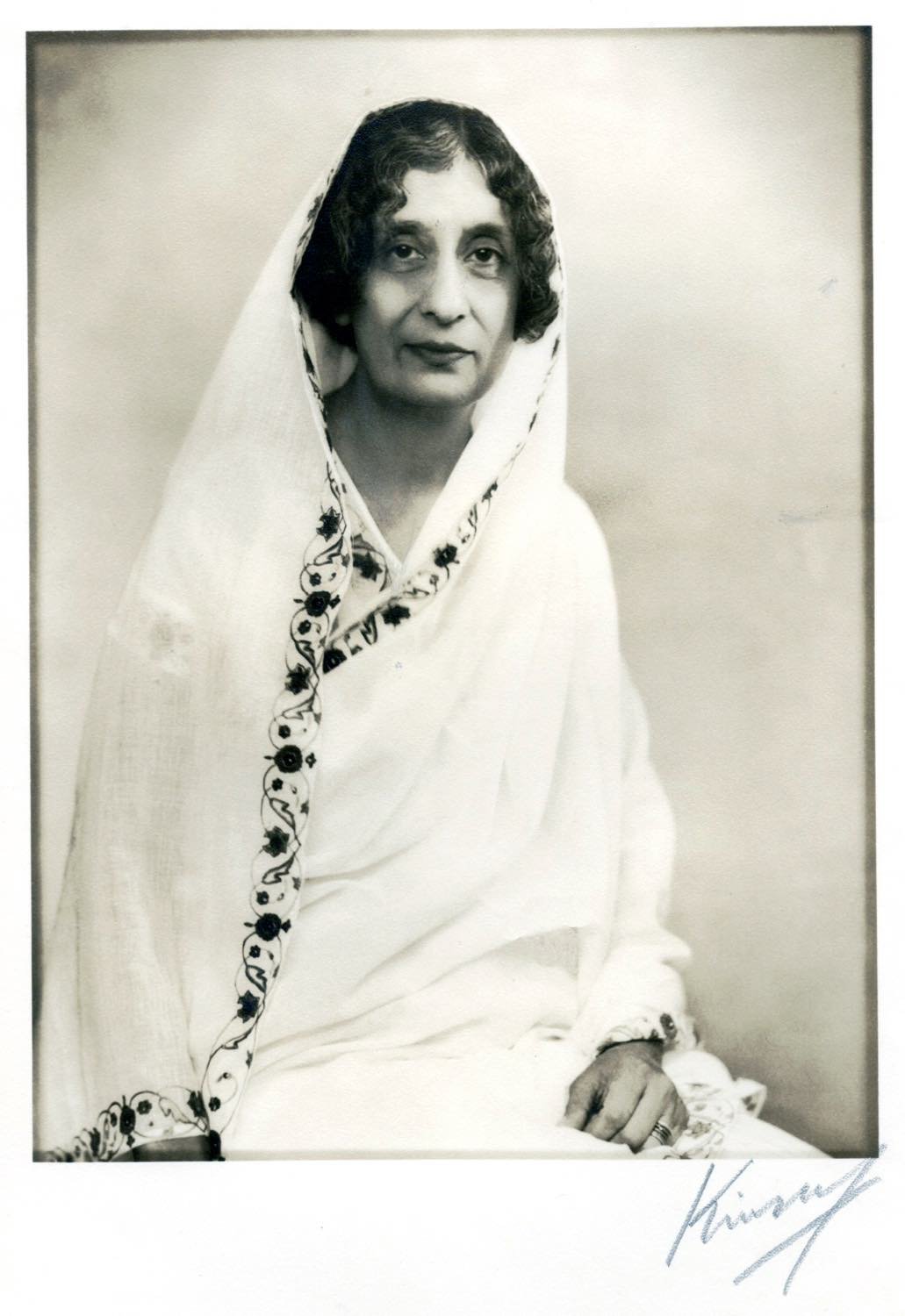
Rajkumari Amrit Kaur.
Niece of the Maharaja of Kapurthala *). Indian feminist counselor of Gandhi, co-founders of the All-Indian women’s committee, author and minister.
Rajkumari Amrit Kaur (* 2 February 1889 in Lakhnau, Uttar Pradesh; † 2 October 1964) was an Indian politician of Christian faith. Health minister in the Indian Cabinet for ten years after India’s independence (1947-1957). She was an eminent freedom fighter and social activist.
Amrit Kaur was the daughter of Harnam Singh, the second son of the Maharaja of Kapurthala. She attended private schools in England and met early on in Marnorville, her father’s residence in Shimla, leading politicians of the Indian independence movement such as Mohandas Karamchand Gandhi and Motilal Nehru. They sought the advice of Harnam Singh, who had converted to Christianity.
Later, the princess, who was educated in England and also successful in sports, became one of Gandhi’s secretaries for sixteen years and finally also his advisor, especially on questions of women’s suffrage and equal rights.
She published her ideas on these topics in books such as Appeal to Women and For Women and became a co-founder of the All-Indian Women’s Committee of the Indian National Congress (INC).
After the sovereignty of India by the United Kingdom on 15 August 1947, she finally began her political career and was appointed by Prime Minister Jawaharlal Nehru in 1947 to the first twelve-member government of India, where she was Minister of Health until 1957. As such, she was also President of the World Health Assembly (WHO) in 1950. Between 1951 and 1957 she was also Minister of Communications in the Nehru cabinet.
After leaving the government in 1957 she became a member of the House of Lords (Rajya Sabha) and belonged to it until her death.
*) This article was written with the kind support of Mr. Siddhant Das.
Related
Discover more from World4 Costume Culture History
Subscribe to get the latest posts sent to your email.


